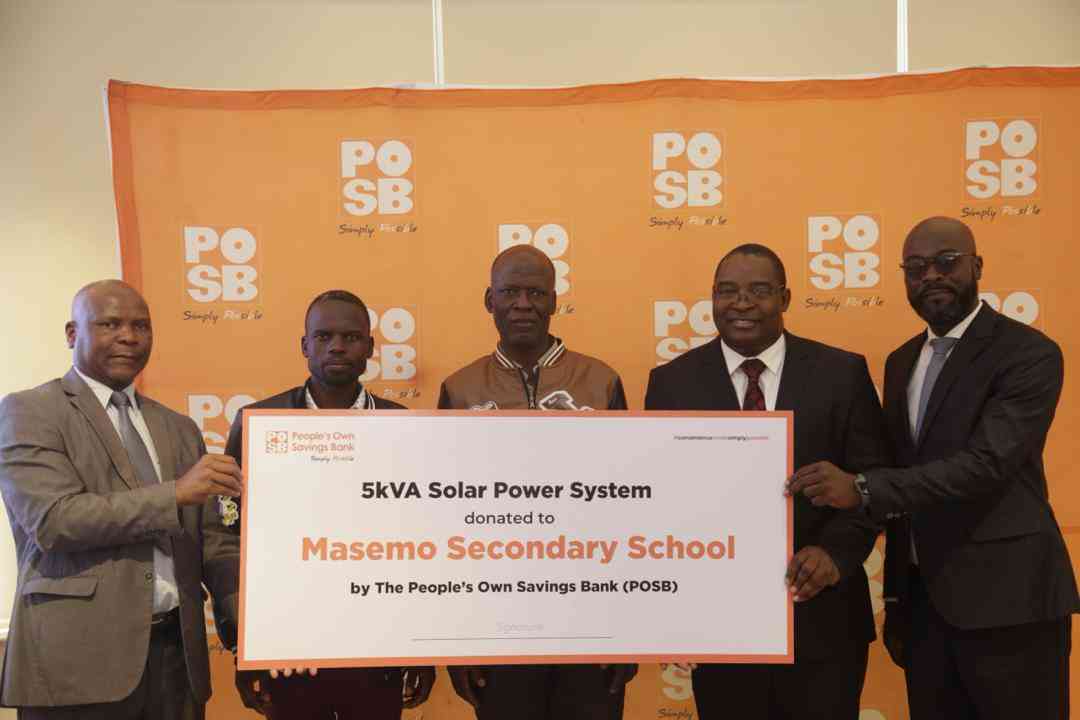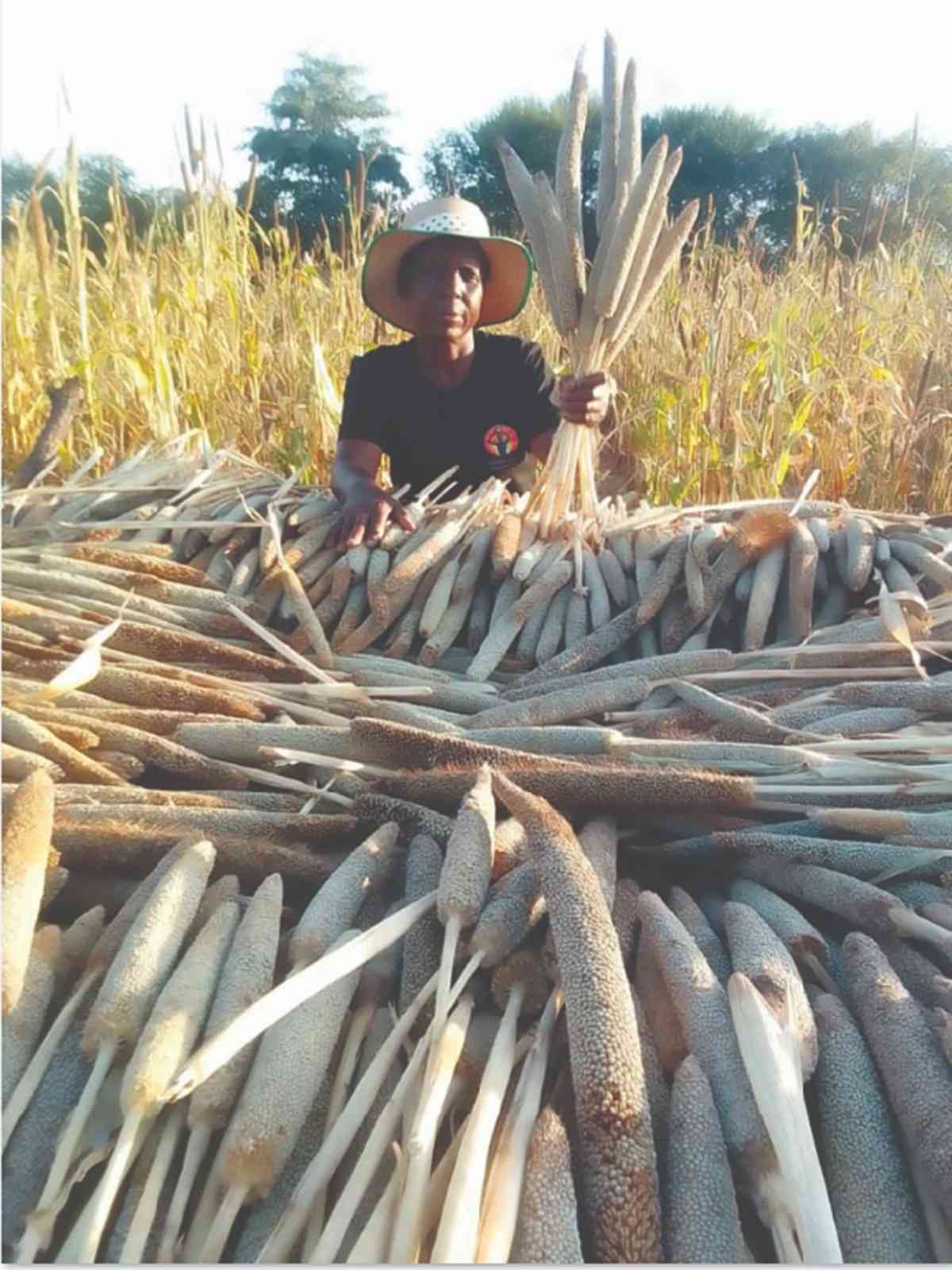
The People’s Own Savings Bank (POSB), in partnership with the Ministry of Primary and Secondary Education, has launched a digital inclusion initiative aimed at transforming Zimbabwe’s education sector through sustainable energy and connectivity solutions.
The bank’s Solar and Starlink Loan Facility, officially launched in Harare yesterday, is designed to provide affordable access to clean solar energy and high-speed internet for schools and educators across the country.
POSB stated that the initiative targets both urban and rural institutions, with a strong focus on bridging the digital divide that continues to hinder educational progress—particularly in remote areas where access to electricity and internet connectivity remains a significant challenge.
Speaking during the launch, the Minister of Primary and Secondary Education, Mr. Tonderai Moyo, emphasized that electricity and internet access are no longer luxuries but essential tools for learning, teaching, and administration. Without them, he noted, individuals are excluded from fully participating in the technological revolution driven by artificial intelligence, data science, robotics, and automation—fields that are reshaping how we learn, work, and innovate.
“The integration of solar energy and internet technologies into our educational framework is crucial for enhancing these competencies. By harnessing solar power, we can create digital learning environments that foster creativity and enable students to engage with online resources, facilitating collaboration and problem-solving,” he said.
“The combination of solarisation and internet access will empower our learners by providing them with the essential tools needed to navigate the complexities of the modern world and to achieve curriculum objectives.”
The Minister also highlighted that the initiative aligns with government efforts to address energy challenges in schools.
“This initiative complements our government’s ongoing programs, such as the Presidential commitment to accelerating solarisation in schools. The goal is to harness solar energy to power educational institutions across the country—especially in remote areas where the electricity grid does not reach.”
- The world is now a weird place
- Mthuli Wi-Fi pledge attracts brickbats from electorate
- Harare fails to pay for internet services
- TelOne reconnect with the Premier League
Keep Reading
He added that POSB’s intervention is both timely and necessary in the context of the country’s broader development agenda.
“This digital intervention by POSB is a fitting response to the realities of our era, where sustainable energy, digital transformation, and innovation are paramount.”
The Minister further noted that POSB has enabled students to access Wi-Fi, allowing them to study both at school and at home.
“In the school, POSB has provided power and Wi-Fi, so learners can access educational resources on-site and continue their studies at home. These are high-impact projects,” he said.
He linked the initiative to the national vision.
“As we reflect on the President’s mantra that no one and no place is left behind, we are reminded of our national trajectory towards Vision 2030.”






